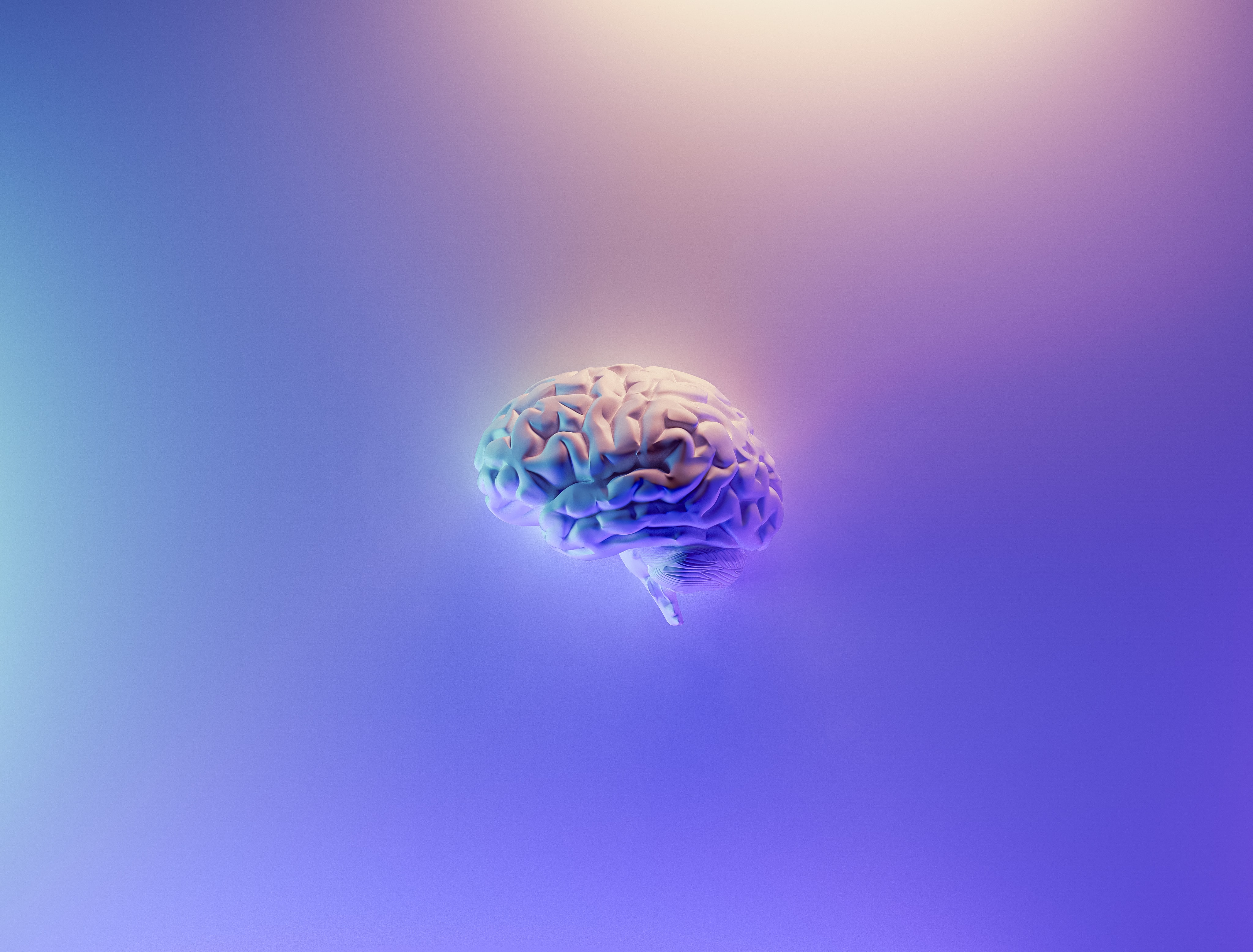Mental Health
Seizures: What are their Symptoms, Causes, and Treatment?
By S.I. (staff writer) , published on September 27, 2022

Medicine Telehealth Health fits neurons
What are Seizures?
A seizure is an uncontrolled disruption in the electrical activity of the brain. It can alter your behaviour, emotions, or sensations, as well as your level of consciousness. Epilepsy is generally defined as two or more seizures that occur at least 24 hours apart and are not caused by an identifiable cause.
A seizure is a medical disorder in which your brain experiences an uncontrollable rush of electrical activity. When this happens, the afflicted brain cells send uncontrollable messages to those around them. This erratic electrical activity overwhelms the damaged portions of your brain.
Seizures were once thought to be a symptom of possession by an evil spirit or demon, according to ancient beliefs in many civilizations. However, modern medicine has revealed the truth: anyone can have seizures, and some people are more prone to them than others.
What are the Symptoms of Seizures?
Signs and symptoms of a seizure can range from minor to severe and vary based on the type. Seizure symptoms and indicators may include:
- Loss of consciousness or awareness
- Jerking movements of the arms and legs that are uncontrollable
- Temporary confusion
- Cognitive or emotional symptoms, such as fear, anxiety, or déjà vu
- A staring spell
- Doctors classify seizures as either focal or generalized [1] based on how and where aberrant brain activity occurs.
What are the Causes of Seizures?
Seizures can be caused by a variety of medical disorders [2]. Anything that affects the body might also disrupt the brain and cause seizures. Here are a few examples:
- Alcohol withdrawal
- Substance abuse
- Substance withdrawal
- An injury to the brain during childbirth
- A brain defect present at birth
- Head trauma
- Electrolyte imbalances
- Epilepsy
- Electric shock
- Vascular abnormality in the brain
- Hypertension
- Fever
- Kidney or liver failure
- Hypoglycemia
- Stroke
- Seizures can be passed on through families. Tell your doctor if you or anybody in your family has a history of seizures. In some cases, particularly with young children, the aetiology of the seizure is unknown.
What is the treatment for Seizures?
Seizures are treated differently depending on the reason. You may be able to avoid future attacks by treating the source of the seizures. Fits caused by epilepsy can be treated using the following methods:
- Medication:
Anti-seizure medicines are frequently used in the treatment of fits [3]. Medication aims to identify the optimum treatment for you with the fewest side effects. In some situations, your doctor may advise you to take more than one drug.
- Dietary Therapy:
Following a ketogenic diet, which is high in fat and low in carbohydrates, can help with seizure control. [4]
- Surgery
Surgery may be an option if other therapies are ineffective. The purpose of surgery is to prevent seizures from occurring. Surgery is most effective for those who suffer seizures that always start in the same spot in the brain.
- Electrical stimulation
Seizure treatment may also be obtained by applying the following procedures [5]:
- Deep brain stimulation.
- Vagus nerve stimulation.
- Responsive neurostimulation.
References:
- https://www.frontiersin.org/articles/10.3389/fneur.2020.00074/full
- https://www.sciencedirect.com/science/article/pii/S0140673698021588
- https://www.nature.com/articles/s41372-021-01240-1
- https://www.sciencedirect.com/science/article/abs/pii/S0887899401003101
- https://www.sciencedirect.com/science/article/abs/pii/0013469472901770
Find articles related to: Medicine Telehealth Health fits neurons
More articles about Mental Health
Back to the Health Tips Index




